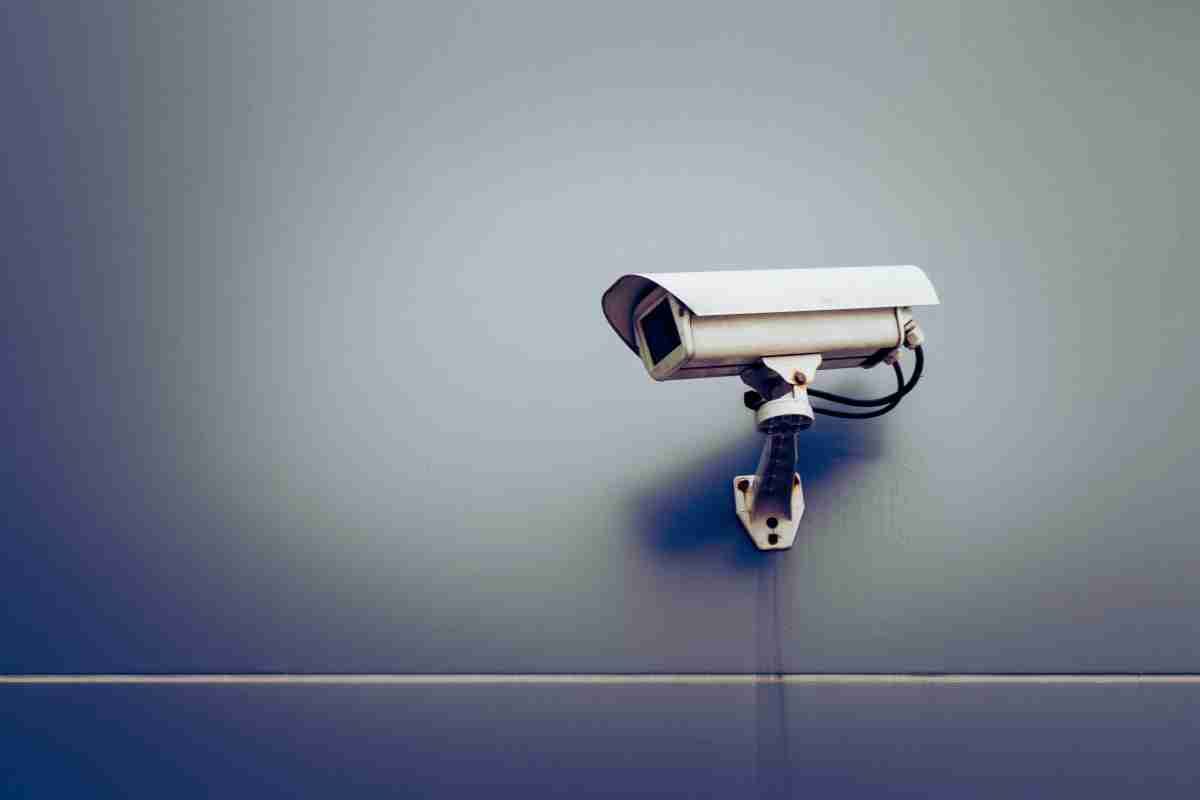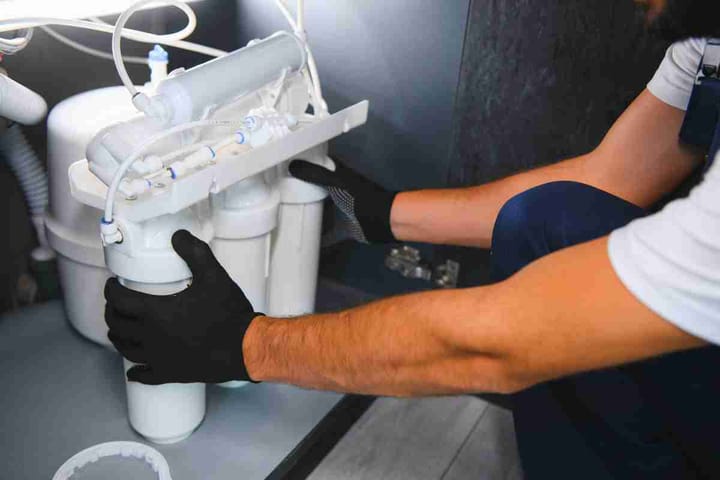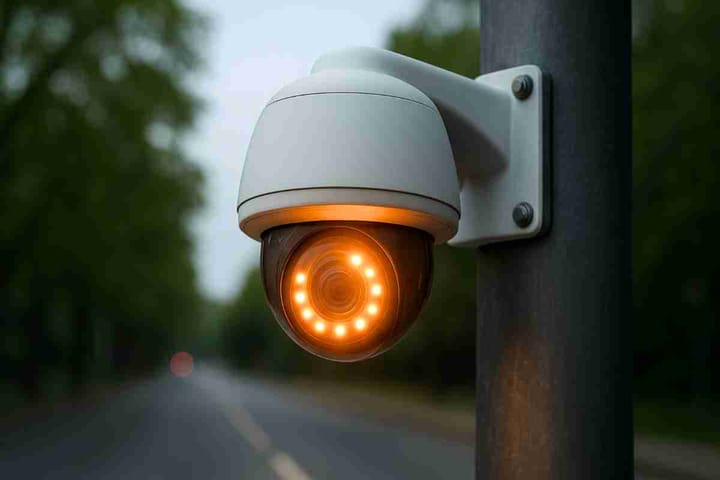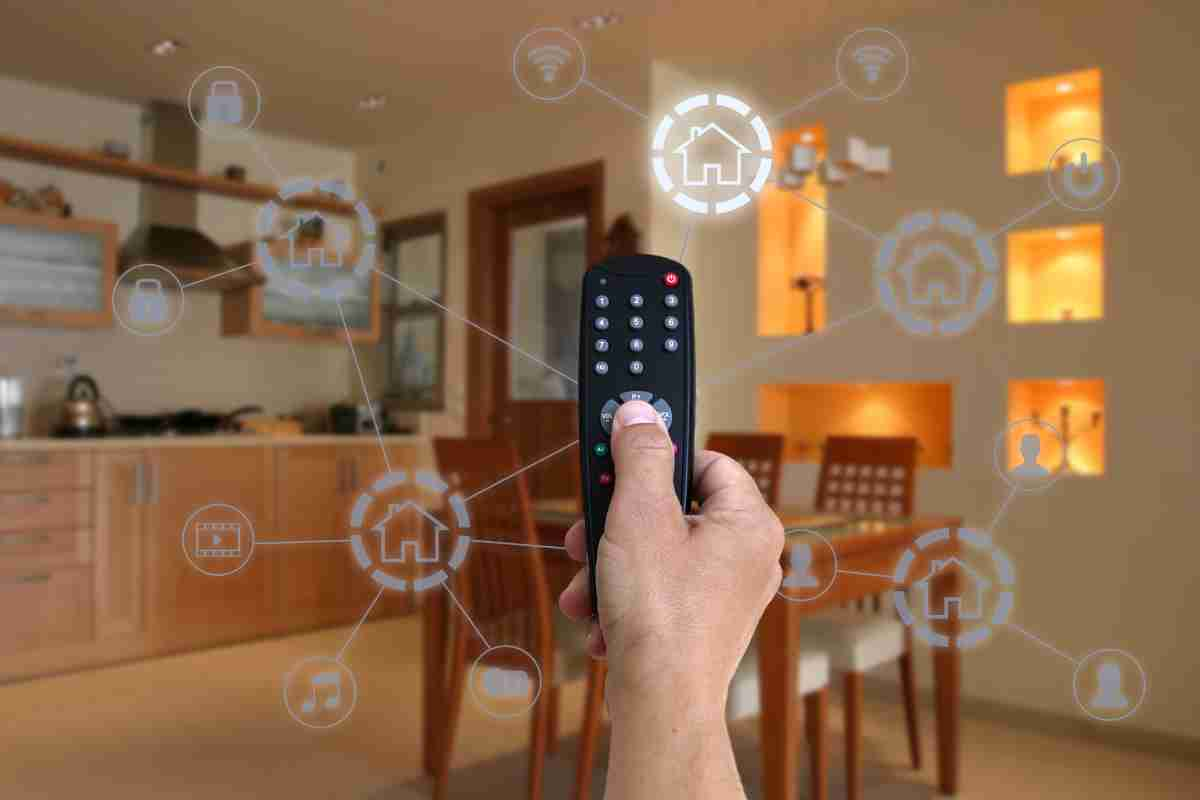Choosing the Right Security System: Traditional vs. Modern Options
Choosing the right security system is key to safety. This blog compares traditional and modern systems, helping you decide the best fit for your property.

Selecting the right security system is essential for protecting your home or business. With advancements in technology, today’s security systems offer a range of options, from traditional to modern solutions, each with its own advantages and considerations. In this blog, we will be comparing traditional and modern security systems, helping you make an informed decision about the best protection for your property.
Understanding Traditional Security Systems
For decades, traditional security systems, which include wired alarms, sensors, and cameras, have been the standard. These systems are monitored locally or by a security company and trigger alarms when motion is detected or doors and windows are opened. While they are reliable and cost-effective, traditional systems can be more invasive to install due to the need for wiring and may not integrate well with modern smart devices. Despite these limitations, they remain popular for their simplicity and dependability.
The Rise of Modern Security Systems
With the rise of smart home technology, modern security systems now offer advanced connectivity and flexibility that traditional systems can't match. These systems include wireless cameras, smart doorbells, motion detectors, and alarms that can be controlled and monitored from your phone or tablet. A major advantage of modern security systems is their ability to integrate with other smart home devices like locks, lights, and thermostats, allowing for greater automation and control.
Key Differences Between Traditional and Modern Security Systems
When deciding between a traditional and a modern security system, there are several key factors to consider. Below, we’ll break down the most important differences:
- Installation
Traditional security systems often require more invasive installation due to the need for hardwired connections. This may require drilling holes in walls and ceilings to install wires and sensors. On the other hand, modern systems are typically wireless and require minimal installation effort. Many modern systems can be easily installed by the homeowner themselves, reducing installation costs and time.
- Control and Monitoring
Traditional security systems typically rely on a central control panel located within the home or business. Monitoring is often limited to phone calls or alarm notifications to a monitoring service. In contrast, modern systems allow for remote control and monitoring via smartphones, tablets, and computers. This gives users the ability to check their security feeds and adjust settings from anywhere, at any time.
- Integration with Other Devices
One of the biggest selling points of modern security systems is their ability to integrate with other smart home devices. You can pair your security system with smart cameras, video doorbells, smart locks, and even lights. This integration makes it easier to create a comprehensive and automated security solution tailored to your needs. Traditional systems, however, usually do not offer this level of connectivity, meaning they are less versatile in terms of integration with other smart home devices.
- Cost
Traditional security systems are generally more affordable upfront compared to modern systems. Since they don’t come with the extra features and technology that modern systems offer, they can be a good option for those on a tight budget. However, over time, the cost of maintenance, monitoring, and potentially upgrading to more advanced technology can add up. Modern security systems often require a higher initial investment due to their advanced features, but they can be more cost-effective in the long run due to lower installation fees and better scalability.
- Reliability
While both traditional and modern security systems are typically reliable, their effectiveness can vary depending on the specific features of each system. Traditional systems are known for their consistent performance, especially in areas with poor internet connectivity. Modern systems, while highly reliable in urban areas with strong Wi-Fi coverage, may experience occasional disruptions if there are issues with the internet connection or power outages.
- Security Features
Modern security systems are equipped with advanced features such as HD video surveillance, motion sensors, and even facial recognition. These features significantly enhance security by providing more accurate detection and better monitoring of your property. Additionally, modern systems often include real-time alerts sent directly to your phone, enabling immediate action in the event of a breach. Traditional systems, while effective in basic monitoring, typically lack the advanced detection features and flexibility offered by modern systems.
Which Security System is Right for You?
Choosing between a traditional and modern security system depends on your needs, preferences, and budget. If you're looking for an affordable, reliable option, a traditional system may be the best fit. However, if you want a more advanced, customizable system that offers remote access, a modern solution might be worth the investment. Consider factors like ease of installation, the level of integration with other devices, and the type of property you’re securing. For example, in areas with unreliable internet or frequent power outages, traditional systems may be more dependable, while modern systems offer better video monitoring and device integration.




Comments ()